Junior faculty with no more than 6 years of research or research training experience beyond their last doctoral degree who are interested in developing academic and research expertise and plan to conduct, or are conducting, research on women’s health and sex and gender differences. If you are currently in your last fellowship year and have a pending faculty appointment beginning on or prior the start of the award, you may be eligible.
JH-BIRCWH Scholars are appointed for a maximum of two-years. Scholars receive support contingent on satisfactory performance and the continuation of funding.
Please see our eligibility requirements. To be eligible for the BIRCWH award, each of the listed criteria must be met. We are committed to a program that embraces racial, ethnic, gender and disciplinary diversity, and we encourage applications from candidates with diverse backgrounds and clinical disciplines.
Individuals are not eligible if they are or have been a PD/PI on an R01 or subproject of a Program Project (P01), Center (P50, P60, P20, P30, U54) grant, individual career development (K-series) grants, or other equivalent award.
No, NIH policy does not permit multiple K applications under review simultaneously.
U.S. citizens, permanent residents, and non-citizen nationals are eligible, but not those on temporary or student visas. Proof of status may be required prior to official appointment.
Yes, you may reapply to the program. However, reapplying does not guarantee admittance.
No, but you are welcome to reapply the following year. There is no guarantee of admittance.
No, all scholars are required to be able to spend at least 9 person months (75% effort) of full-time professional effort conducting research and research career development activities while on the BIRCWH award.
No, K12 Scholars may not receive salary support from other US Public Health Service sources (NIH, CDC, FDA, etc). Non-federal grants can be used to support the remaining effort. Grants from private foundations, voluntary organizations (Heart Association, Cancer Society), and professional societies are all acceptable.
No, appointed K12 scholars may apply for K08 or K23 support. If successful, they move from one mechanism to the other. However, the total combined K award time can’t exceed 6 years depending upon the guidelines of individual institutes within NIH. The goal is to have K12 awardees “graduate” as quickly as possible to NIH funding. Typically, this would be an NIH career development award in the K series.
No, a faculty appointment at Johns Hopkins in any of the schools including Medicine, Public Health, Nursing or Engineering is required for the BIRCWH appointment. If you are currently in your last fellowship year but will be appointed to faculty on or before the start of the award date, you will need to submit a letter from the department/division indicating this pending appointment in your application. The appointment cannot be contingent on the award.
No, the K12 is an institutional career development award granted to the Johns Hopkins Institute of Clinical and Translational Research. Awards are non-transferrable. Scholars who leave Johns Hopkins will have their award terminated and will not be able to continue to receive funding from the Clinical Research Scholars program.


